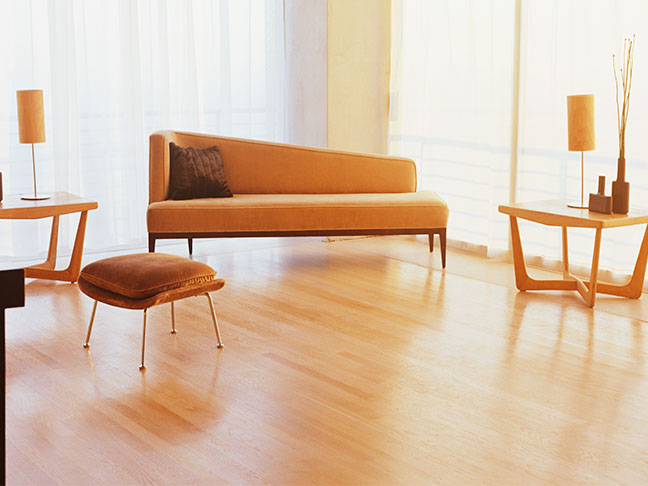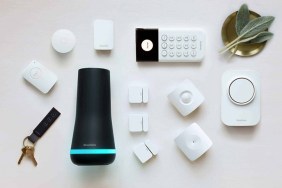Feng shui is a philosophy that has thrived in China for hundreds of years but has only made its way into the U.S. in recent years. Feng shui, which translates literally as “wind-water,” promotes well-being by rearranging how chi, or energy, flows through a home. The basic Feng Shui principles maintain that we live in harmony with our environment. Its aim is to achieve balance in your living and working space and maximize your potential for success in all areas of your life. In a nutshell: The basic feng shui discipline examines object placements and how they affect a home’s energy.
So how can you apply this to your own home to bring positive energy in? The cardinal rule of feng shui is no clutter. Energy, or chi, must be able to flow freely throughout your space. With that in mind, start with these basic tips for different areas of your home:
The Entry Way:
Make your front door welcoming by painting it a lovely, contrasting color. Place plants or flowers on either side of the door. Making the entry way inviting allows positive energy to enter your home.
The Hallway:
Once inside your home, energy needs to flow and move freely. Keep entry ways and hallways free of clutter so that energy can circulate. Try to keep shoes and coats in a coat closet, garage, or designated mudroom space.
The Kitchen:
The kitchen represents the heart of the home, and in feng shui it is a vital space as its energy represents nourishment and relationship harmony for the people who live in the home. The sink represents water and the stove represents fire, so they shouldn’t be opposite of each other or that can create conflict. The oven should also not be in front of a window or opposite the front door, because the nourishment energy will flow out the door or window.
The Living Room:
In the living space, the placement of furniture is key for energy flow. The main sofa should be placed against a wall to provide support. You shouldn’t block any doorways with furniture. If the back of a sofa faces a room opening then you are bouncing energy back out of the room. Color is another important consideration and you should do research on how color selection can impact your feng shui flow.
Dining Space:
In feng shui your dining space is important because it is where you are mindful of your eating. Digestion is very important in Chinese medicine, and the same importance is placed on the space where you eat. To optimize energy flow, use a mirror to reflect the dining table and place fresh flowers on the table.
Bedrooms:
A good feng shui master bedroom is a bedroom that promotes a harmonious flow of nourishing, vibrant and sensual energy. It lures you in, and both excites and calms you. You want a balanced bed with space on each side, side tables on both sides, good lighting, happy art above your bed, and no electronics next to your bed. Your bed should have a headboard and should be placed against a wall (preferably not across from the entry door). You should try to keep out as many electronics as possible, and that includes a TV, computer, and exercise equipment. These electronics create high EMFs and also are distractions from connection and sleep that should be happening in the bedroom. Your bedroom needs good airflow, so open windows often or add an air purifier if needed. You should have all doors (entry, bathroom, closets) closed at night while you are sleeping to preserve the energy in the room.
In your kids’ rooms, you want the feng shui to support harmony, happiness, and sleep. Positioning the bed on the wall across and diagonal from the entry door is the optimal spot for promoting restful sleep — you don’t want the bed to be across from the door. The colors that most compliment a calming atmosphere are blues, greens, and pinks.
Following all of these tips will help bring more good chi and energy into your home.
More Organizing Tips:
- 12 Genius DIY Shoe Storage Ideas
- How to Fold a T-Shirt the Marie Kondo Way
- 10 Brilliant Way to Organize Your Garage








